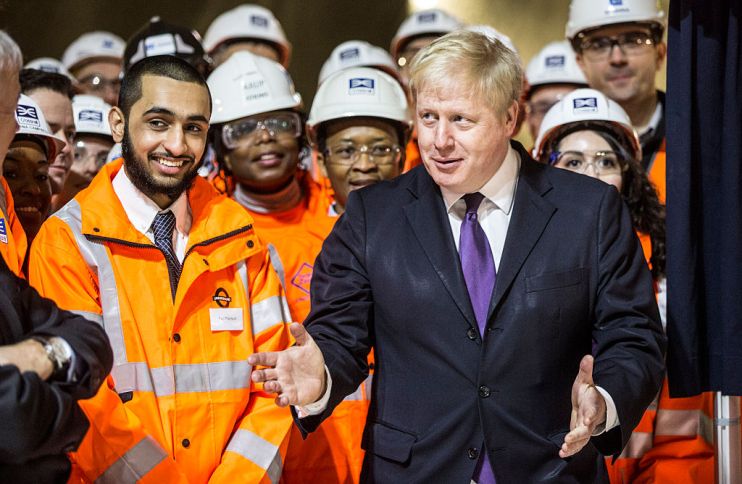Get Brexit done, yes — but now onto the urgent domestic agenda

It may have seemed like a lifetime, but the six-week election campaign period has finally drawn to a close.
And at the end of January, the UK is set to leave the EU — at the fourth attempt.
With a thumping majority, the Prime Minister should face little challenge in getting his withdrawal agreement through parliament later this week.
For businesses, the key concern has moved on to ensuring that we do not run the risk of crashing out of the EU without a deal at the end of 2020, and working towards the closest possible future trading relationship with the EU.
But the government cannot and must not do this to the exclusion of everything else. Domestic issues have been piling up for years, and need to be tackled.
First, infrastructure. The Conservative manifesto made welcome commitments on developing gigabit connectivity and delivering Northern Powerhouse Rail — both of which are sorely needed. However, it was lukewarm on HS2 and airport expansion.
Major infrastructure projects like these can be transformative for local and national economies alike, as they crowd in jobs, supply chains and housing, as well as sending a signal that the UK is open for investment.
For the South East, the absence of Crossrail 2 from the manifesto commitments was lamentable — all the more so given that Boris Johnson, as mayor of London, helped to launch the business case for the scheme.
Yes, Crossrail is running behind schedule, but this is a scheme of such national importance that the benefits will be felt for decades. Meanwhile, Crossrail 2 has the support of businesses up and down the country, and it is vital that the government shows its commitment to projects like this that put us ahead of the game.
Second, housing, on which the manifesto was vague. There is a national housing crisis, particularly stark in London and the South East, and felt across the country.
Solving it requires more investment — an additional £8.6bn is required to meet the capital’s housebuilding target alone — and more land. Reform of the planning system is critical, as is backing the Planning Inspector’s recommendation on locally-led reviews of the green belt.
To deliver the infrastructure and homes our country requires, we need the right skills. The government has committed to a points-based immigration system and, encouragingly, sees the need for an official independent migration agency that can respond to economic need.
But it must also recognise that not all the labour we need is highly paid, and that the salary threshold proposed previously, under Theresa May, was set too high. Businesses know that they must do more to more to train the workforce of the future, but we need a managed shift, not a cliff edge.
If we fail to get these big things right, business confidence will continue to slump, even if our Brexit destination becomes more certain.
A firm commitment to boosting infrastructure, building more homes, and putting in place a fair and managed immigration system will enable not just London but the whole of the UK to hold on to our place at the top of international rankings and continue to be a world-class global player.
Main image credit: Getty